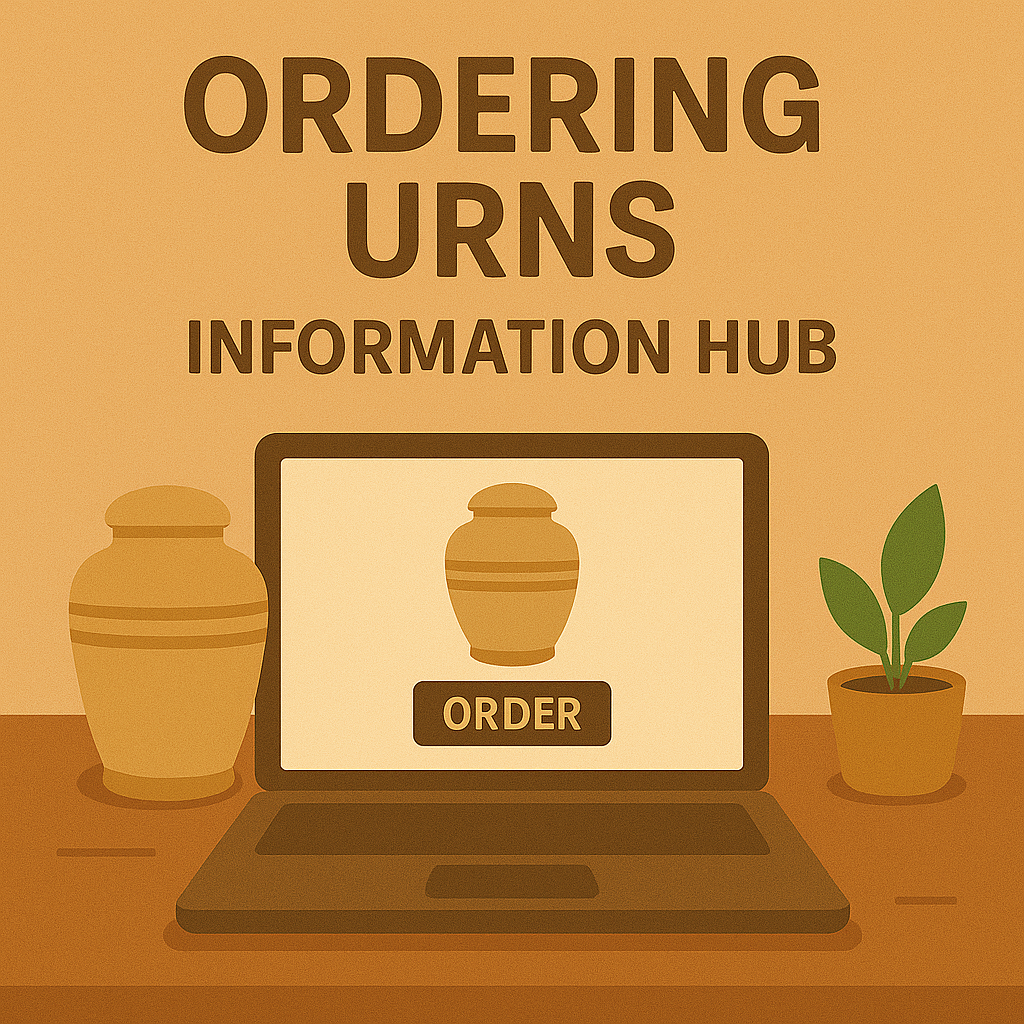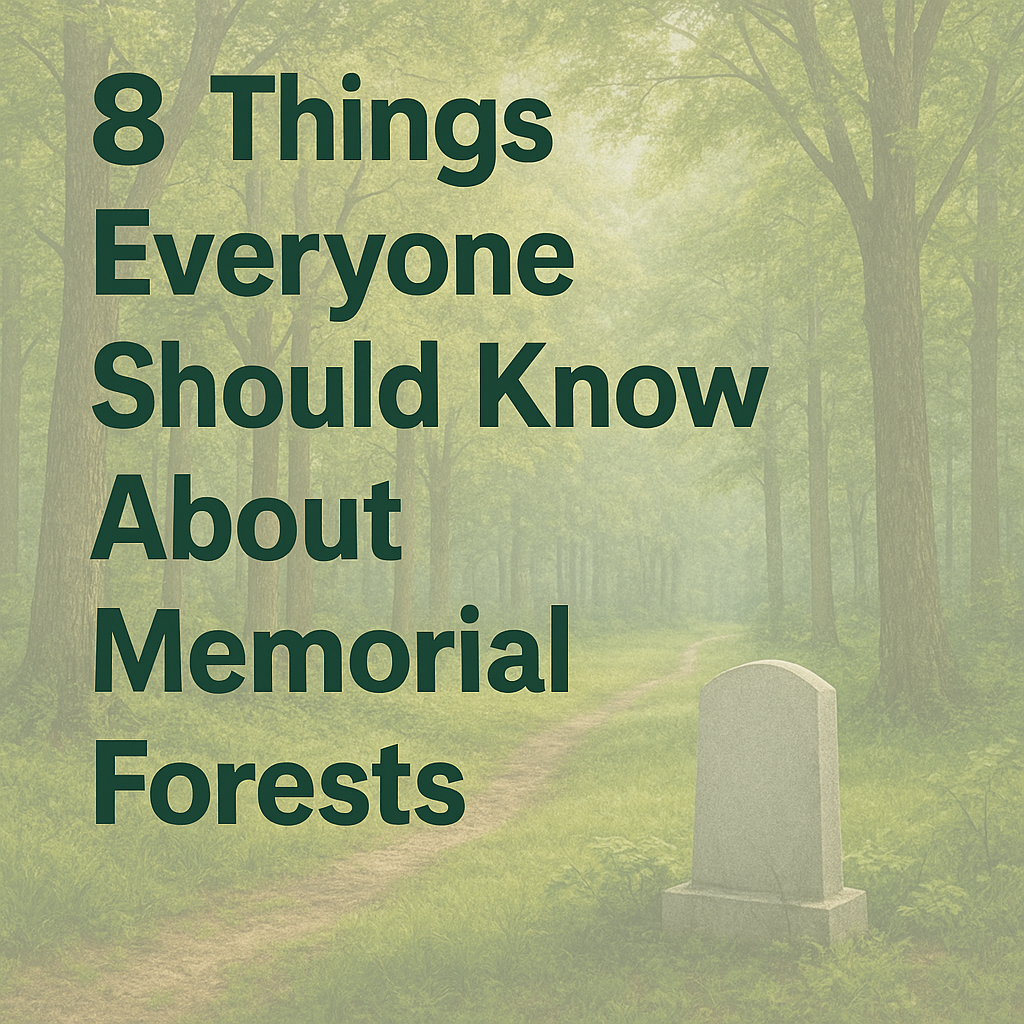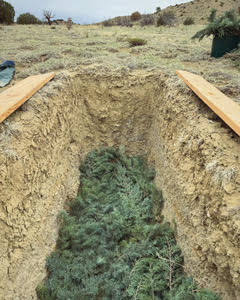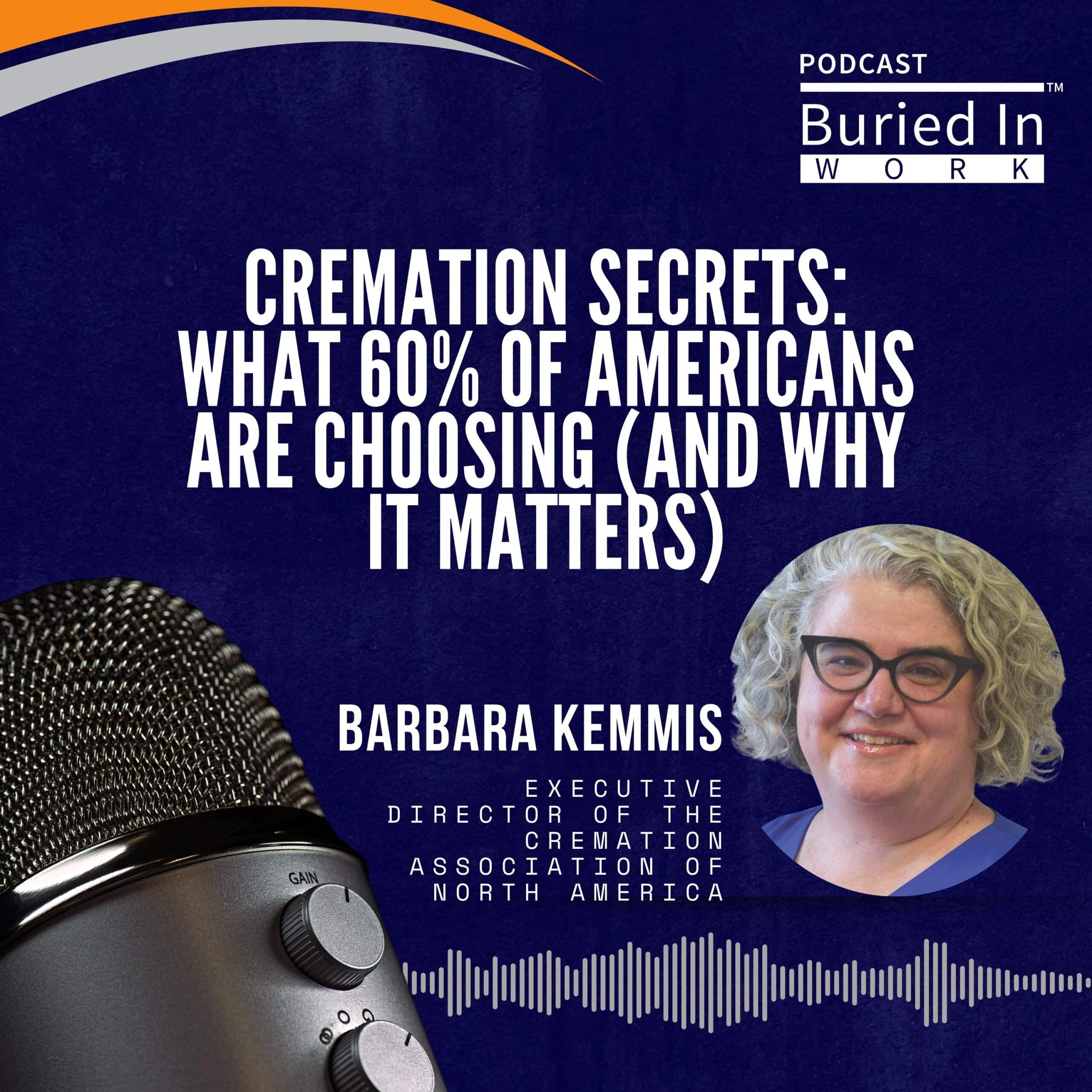Not all urns look like urns, and that’s the point.
The Ordering Urns Information Hub
Choosing an urn can be both a practical task and a meaningful tribute. Whether you’re planning ahead or making arrangements after a loss, this guide walks you through the essentials of selecting, personalizing, and ordering an urn that reflects your loved one’s life, values, and preferences. From material and size to budget and delivery timelines, this guide helps you make a thoughtful and confident choice.

Key Things To Know
Choosing an urn is about more than function. It is about meaning, logistics, and honoring your person in a way that feels right to you.
- There are many different types of urns: Urns can be traditional, decorative, biodegradable, designed for burial, for scattering, or for display at home. Some families also choose keepsake urns to share ashes among loved ones.
- Size matters more than most people expect: Most adult urns hold 180 to 220 cubic inches of ash. A general rule is one pound of body weight equals one cubic inch of ash. Always ask the crematory for the exact amount before ordering.
- Personalization is widely available: Names, dates, favorite quotes, and images can often be added. Some companies offer etching, engraved photo tiles, or custom shapes. Take your time finding a design that resonates.
- You do not have to buy from the funeral home: Federal law protects your right to purchase an urn anywhere. Many people choose online shops, local artisans, or memorial retailers for more options and better pricing.
- Shipping time can impact your plans: If you are planning a memorial or scattering ceremony, double-check delivery timelines before ordering. Custom urns may take several days or weeks to arrive.
How To Order An Urn
Ordering an urn can feel intimidating at first, but these simple steps will help you make a choice that’s both meaningful and manageable.
- Decide how the urn will be used: Will it be displayed, buried, scattered, or shared? The purpose affects your choices in material, design, and size.
- Confirm the volume of cremated remains: Ask your funeral home or crematory for the amount in cubic inches. Most adult remains need a full-size urn. Keepsake urns hold only a small portion.
- Choose the right material: Urns are available in wood, metal, ceramic, stone, glass, and biodegradable materials. Some are decorative while others are designed for environmental use.
- Explore personalization options: Consider whether you want engraving, a quote, a name, or a symbolic design. Always double-check the details before approving your order.
- Compare sellers and pricing: You can buy urns from funeral homes, memorial websites, online marketplaces, or local artists. Costs vary widely depending on style and custom work.
- Review shipping timelines: Standard shipping may work if you are not in a rush. If there is a service planned, look for express options and ask about fulfillment timelines.
- Store or display the urn properly: Once received, keep the urn in a safe and respectful location. Whether at home, in a niche, or before burial or scattering, treat it like the memorial it is.
Articles
Frequently Asked Questions
These are some of the most common questions people ask when choosing and ordering an urn.
Disclaimer: The information provided on this website and by Buried in Work is for general informational purposes only and should not be considered legal advice. Please consult with a qualified attorney or subject matter expert for advice specific to your situation.




